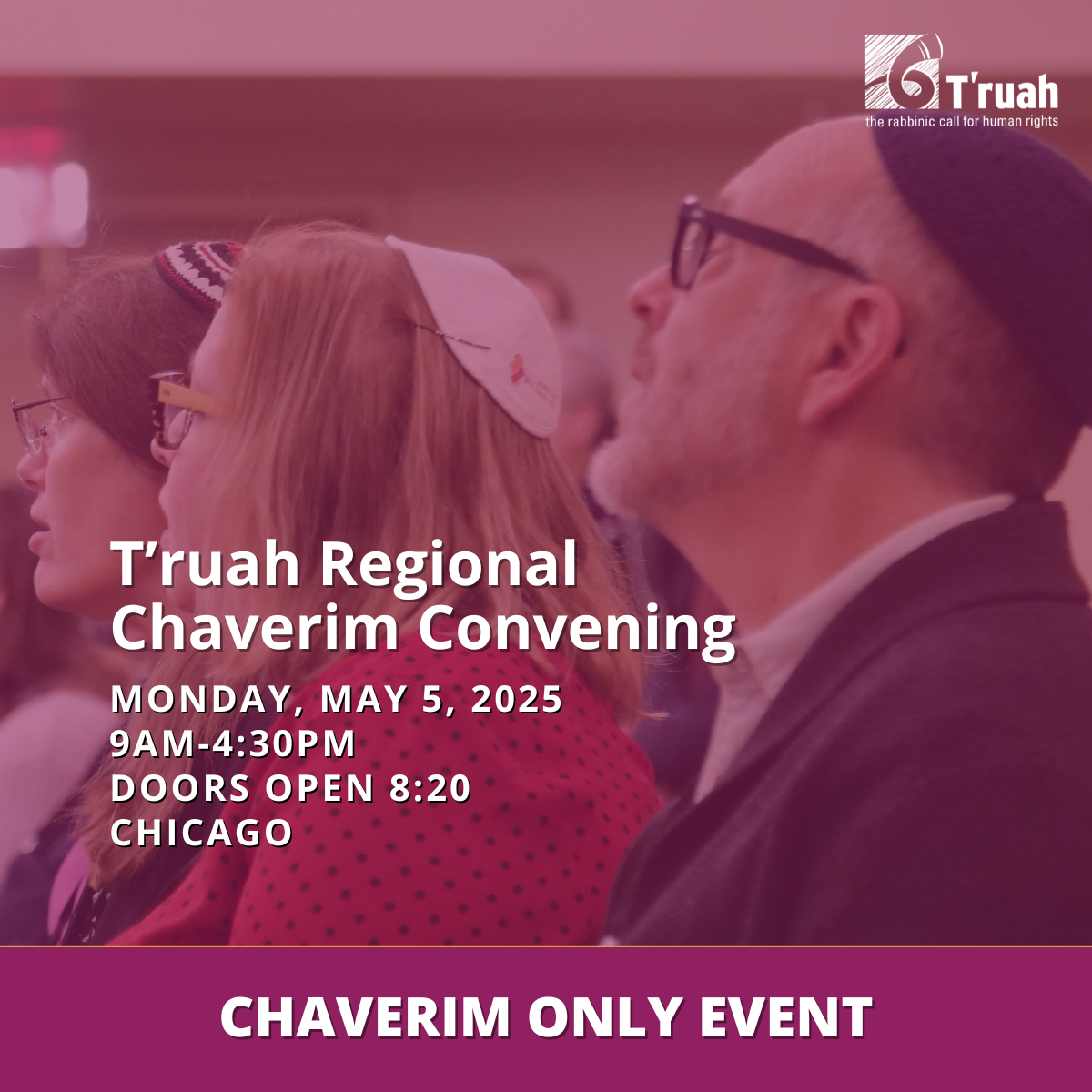On Monday, May 5, 2025, we will bring together T’ruah rabbis and cantors in the Midwest corridor for a day of learning and planning as we prepare to defend democracy and human rights under the Trump administration.
Our plans include Torah study and song to ground ourselves in text and tradition, expert panels and speakers, and time to support one another and begin planning our local and national response.
The convening will take place in Chicago.
Working Schedule (check back for updates!)
8:20-9:20 Registration
9:20-9:50 Welcome
9:50-10:50 Keynote Panel – Richard Primus, JD & Dr. Shana Bernstein, moderated by Rabbi Daniel Kirzane
10:50-11:10 Break
11:10-12:40 Block 1: Learning Breakout Sessions
- Free Speech, Authoritarianism – Rebecca Glenberg, JD (ACLU IL)
- Immigration Justice and the Role of the Jewish Community – Esteban Carbajal, JD & Rachel Doherty (Suburban Legal Aid Clinic), Becca Lubow (JCUA)
12:40-1:40 Lunch
- Optional: Themed-Table Conversations
1:40-2:40 Block 2: Discussion-Based Breakout Sessions
- Antisemitism and Coalitions – Jimmy Rothschild (JCUA)
- LaAnot b’Merchav: Becoming the Safe Havens Transgender, Nonbinary, and Gender-Expansive Jews Deserve – Jackie Maris (Keshet)
- Jewish-Arab Organizations as a Source of Hope for Human Rights in Israel – Sam Fleischacker
2:40-3:10 Break
3:10-3:30 Musical Mincha – Rabbi Lizzi Heydemann
3:30-4:15 Closing Text Study – Rabbi Dr. Rachel Mikva
Leadership in Uncertain Times: Called Back to the Public Square
4:15-4:30 Closing, Taking Action
Section Descriptions:
Welcome: Rabbi Jill Jacobs and Rabbi Shoshana Conover

Rabbi Shoshanah Conover serves as the eighth Senior Rabbi—and the first woman to hold this role—in Temple Sholom of Chicago’s 158-year history. A graduate of the University of Wisconsin–Madison (Dean’s List, Cum Laude), she is deeply committed to social justice, pluralism, and Jewish learning, and has been recognized with honors such as AVODAH’s Partner in Tzedek Award. Rabbi Conover is a Senior Rabbinic Fellow of the Shalom Hartman Institute and serves on the Steering Committee of the Chicago Status of Women and Girls Working Group.In addition to her rabbinic leadership, she is a passionate movie enthusiast dating back to her days as a film critic for The Onion and has contributed essays and poetry to various Jewish publications.

Rabbi Jill Jacobs (she/her) is the CEO of T’ruah: The Rabbinic Call for Human Rights. Rabbi Jacobs has been named three times to the Forward’s list of 50 influential American Jews, to Newsweek’s list of the 50 Most Influential Rabbis in America, and to the Jerusalem Post’s 2013 list of “Women to Watch.” She holds rabbinic ordination and an MA in Talmud from the Jewish Theological Seminary, where she was a Wexner Fellow; an MS in Urban Affairs from Hunter College, and a BA from Columbia University. Her most recent book is “Where Justice Dwells: A Hands-On Guide to Doing Social Justice in Your Jewish Community.”
Meeting the Moment: Keynote Discussion with Dr. Richard Primus, Dr. Shana B Bernstein, and Rabbi Daniel Kirzane
This timely keynote panel brings together historian Shana Bernstein and constitutional law scholar Richard Primus to help clergy and community leaders navigate our current political moment. The conversation will highlight lessons from past multiracial and coalitional social movements and analyze today’s constitutional challenges and crisis points. Moderated by Rabbi Daniel Kirzane, this conversation will equip clergy with historical insights and legal perspectives to strengthen their advocacy for justice and democracy.

Richard Primus is the Theodore J. St. Antoine Collegiate Professor of Law at the University of Michigan, where teaches the law, theory, and history of the U.S. Constitution. He holds a bachelor’s degree summa cum laude from Harvard College, a law degree from Yale, and a doctorate in political theory from Oxford, where he was a Rhodes Scholar. Primus served as law clerk to Justice Ruth Bader Ginsburg at the U.S. Supreme Court, and he was the winner of the first-ever Guggenheim Fellowship in Constitutional Studies. Primus is a senior editorial adviser of the Journal of American Constitutional History, a founding member of the Academic Freedom Alliance, and a member of the Board of Advisors of Protect Democracy, a nonpartisan organization dedicated to fighting threats to free and fair self-government. No less importantly, he is a former President of the Board of Trustees of the Hebrew Day School of Ann Arbor, of which all three of his children are graduates.

Shana Bernstein is Clinical Associate Professor of Legal Studies and American Studies at Northwestern University and a Distinguished Lecturer for the Organization of American Historians. Her first book, Bridges of Reform: Interracial Civil Rights Activism in Twentieth-Century Los Angeles (Oxford University Press, 2011), reinterprets U.S. civil rights activism by revealing its roots in the interracial efforts of Mexican, Jewish, African, and Japanese Americans in mid-century Los Angeles. She is currently completing her second book, Poison Fruit: The Rise of the California Strawberry and America’s Toxic Farm System (forthcoming, University of Chicago Press).
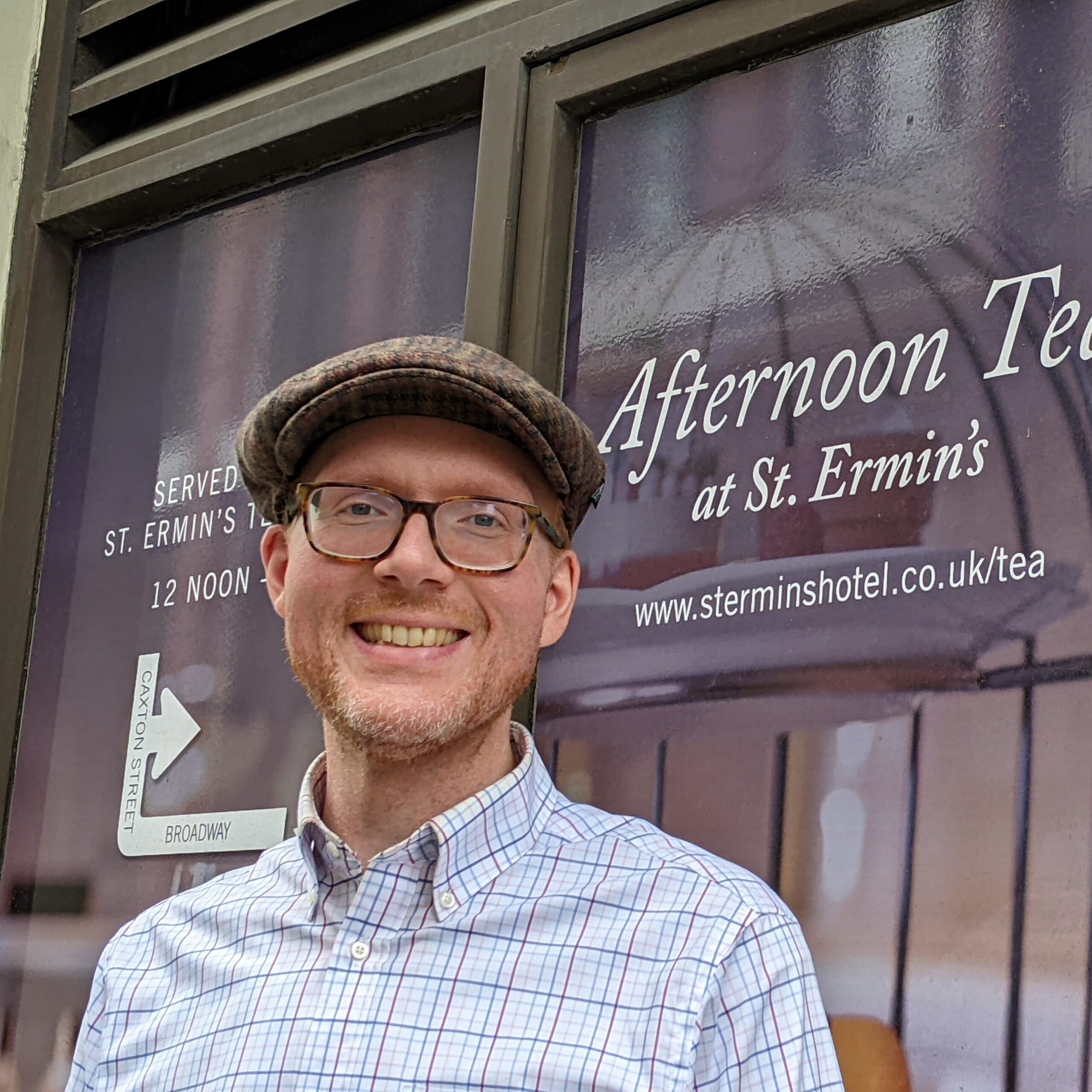
Daniel Kirzane is the rabbi of KAM Isaiah Israel in Chicago, IL. He was ordained in 2014 at HUC-JIR, where he also earned an MA in Religious Education; and in 2024, he earned an MA in Religious Studies from the University of Chicago Divinity School. Daniel is the co-chair of the HUC-JIR Alumni Leadership Council and sits on HUC’s Board of Governors. He’s the former co-chair of the Wexner Fellowship Alumni Committee and is the vice president of the Chicagoland chapter of the CCAR. He previously served as associate or assistant rabbi at Oak Park Temple (Oak Park, IL), Congregation B’nai Jehudah (Overland Park, KS), and Beth Haverim Shir Shalom (Mahwah, NJ). He is a T’ruah #TomatoRabbi (2014) and a graduate of T’ruah’s Rabbinical Student Fellowship (2013).
Morning Breakout Sessions
1. Free Speech and Authoritarianism with Rebecca Glenberg (ACLU)
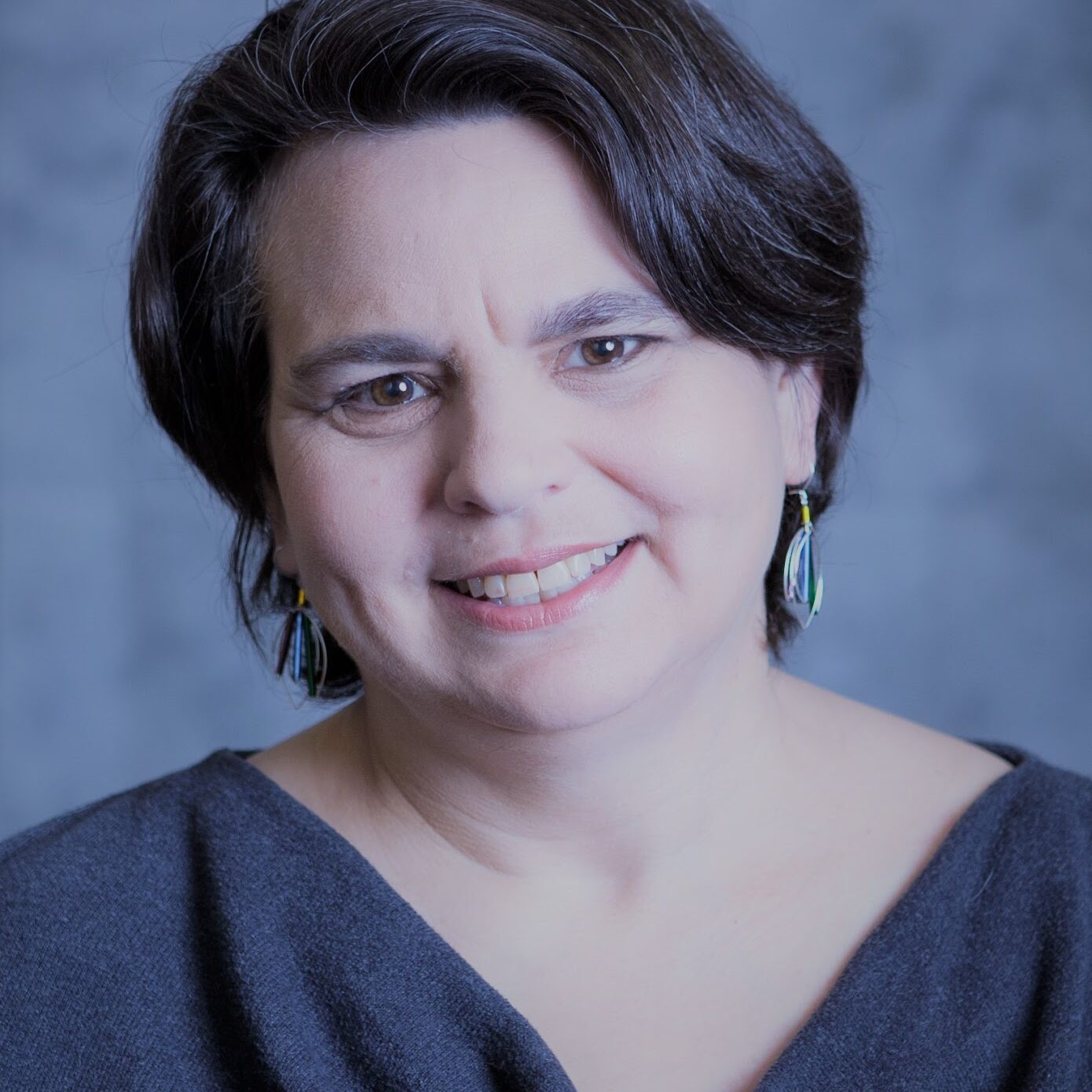
Rebecca Glenberg is the chief First Amendment litigator at the ACLU of Illinois and was previously the legal director at the ACLU of Virginia. For over 25 years, she has worked to promote and defend free speech, religious liberty, voting rights, privacy rights, immigrants’ rights, LGBTQ+ rights and other civil rights and civil liberties. Rebecca received her J.D. in 1997 from the University of Chicago Law School, where she represented clients in the school’s Homeless Assistance Project.
2. Know Your Rights Training and Organizing the Jewish Community for Immigration Justice with Esteban Carbajal, JD & Rachel Doherty (Suburban Legal Aid Clinic), Becca Lubow (JCUA)
Join the North Suburban Legal Aid Clinic and Jewish Council on Urban Affairs for a training to Know Your Rights when interacting with ICE, learn from local Chicago organizing to prepare to protect immigrants in your own community, and talk about the Jewish community’s role in immigration justice in this political moment.
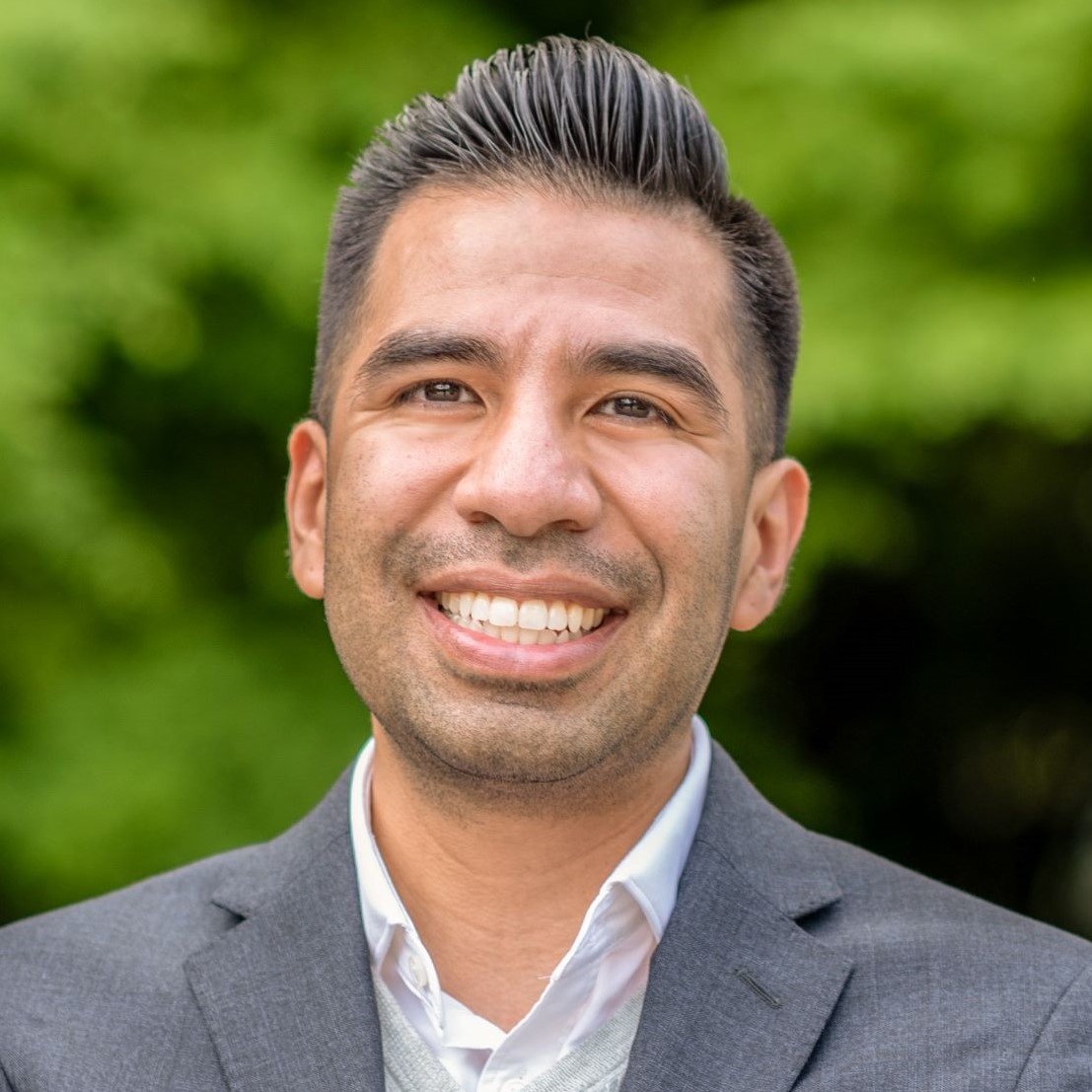
Esteban Carbajal, JD is the Supervising Attorney of the Immigration Law Practice at North Suburban Legal Aid Clinic, where he brings over a decade of experience advocating for immigrant rights. A son of Mexican immigrants and the first in his family to graduate college, Esteban began as a volunteer and rose through the ranks to become a DOJ fully accredited representative and licensed attorney. He also mentors aspiring nonprofit legal professionals and serves on local community boards supporting Latino and early childhood initiatives.
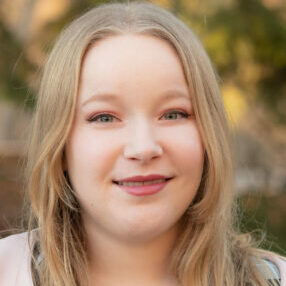
Rachel Doherty is a DOJ Accredited Representative with the North Suburban Legal Aid Clinic, where she supports the Immigration Law Practice through client communication, legal research, and administrative assistance. She was honored as a Jewish United Fund Chicago 36 Under 36 recipient and volunteers with the Jewish Council on Urban Affairs’ Immigration Justice campaign. Rachel holds a B.S. in Political Science from Northwestern University and brings experience from both the education and legal sectors.

Becca Lubow is a community organizer at Jewish Council on Urban Affairs. She supports grassroots immigration justice campaigns in Illinois and leads trainings on organizing skills, racial justice, and the intersections of antisemitism and white nationalism. She got her start organizing the Jewish community as a co-founder of Never Again Action, a mobilization of Jews against the deportation machine.
Afternoon Breakout Sessions
1. Safety Through Solidarity — Navigating Coalitional Relationships and Antisemitism with Jimmy Rothschild (JCUA)
In this moment, staying in relationship with our neighbors and political partners is more important — and can be more challenging — than ever. In this session we will talk about how antisemitism can show up in our movements and communities, how powerful people are exploiting fears of antisemitism to harm our movements, and how we can stay in strong partnership with our neighbors throughout all of that to make sure we are all safe and thriving.

Jimmy Rothschild (he/him) has been a staff organizer supporting JCUA’s work on housing and economic justice since 2021, and also works to support JCUA’s work combating antisemitism. He previously worked for progressive state and local candidates in Chicago and Minnesota and did work supporting other progressive Jewish organizations like Jewish Community Action, IfNotNow, and the Center for Jewish Nonviolence. He also loves playing with his toddler and baking bread — you can probably convince him to make you some challah or babka or sourdough rye
2. LaAnot b’Merchav: Becoming the Safe Havens Transgender, Nonbinary, and Gender-Expansive Jews Deserve with Jackie Maris (Keshet)
A rising tide of anti-trans legislation and rhetoric threatens transgender access to lifesaving healthcare, civil rights protections, accurate identity documents, privacy, and dignified treatment. While specific threats to access to these basic services directly impact many transgender and nonbinary Americans, the impact of this environment also extends to many more individuals. Join Keshet to deepen your understanding of the current landscape and its impact on the community, gather concrete tools and resources to equip your organization to be the safe haven your community members deserve, and sharpen your leadership to push back against this rising attempt to erase transgender people — who have always existed, and always will. This session will focus on practical tools and steps rather than on defining identity terms. If you would like to brush up on LGBTQ+ terms and concepts in advance of the session, please consult Keshet’s Terminology page.
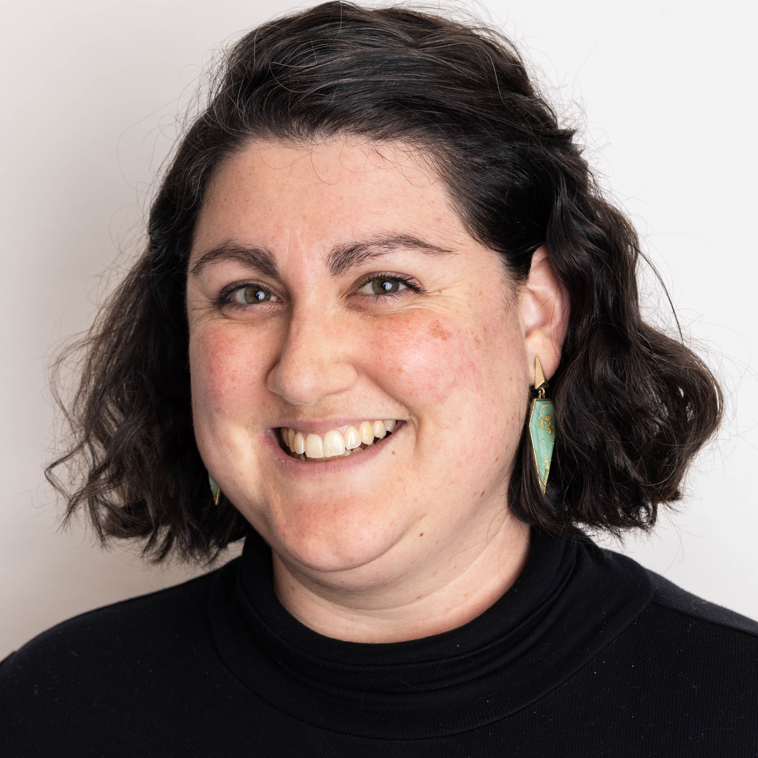
Jackie Maris (she/her) is a queer, South African Pisces who has worn various facilitator hats throughout her career in education and community-building. She served as madricha (camp counselor) and Rosh Chinuch (Head of Education) with Netzer South Africa, taught as a cheder teacher for over a decade, and coordinated Roundabout theatre’s intern and apprentice program for early-career Broadway professionals. In her current role as Keshet’s Chicago Education & Training Manager, she strives for fostering LGBTQ+ equality and belonging in Jewish spaces. When she’s not working, Jackie volunteers with Chicago Books to Women Prisoners (mailing books to incarcerated folks) and collects zines on fat liberation (shoutout to Etsy).
3. Jewish-Arab Organizations as a Source of Hope for Human Rights in Israel with Sam Fleischaker
This session explores the critical work of coexistence and justice organizations run jointly by Jews and Palestinians, in Israel/Palestine.Through an examination of their strategies, collaborations, and theories of change, we will uncover valuable lessons in resilience, solidarity, and transformative activism. Participants will gain insights into how these grassroots efforts serve as a source of hope and a model for human rights advocacy in a deeply divided society.
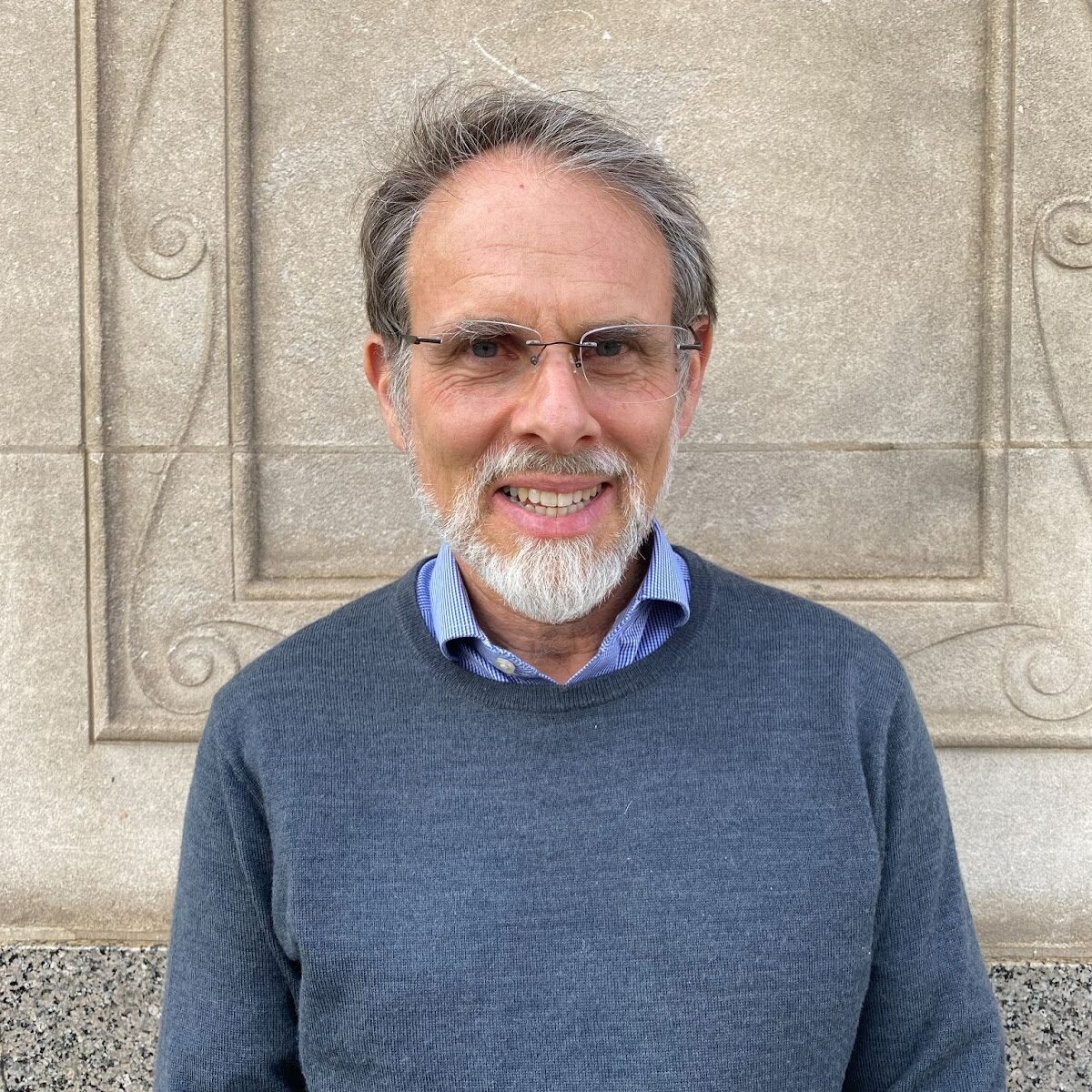
Sam Fleischacker is LAS Distinguished Professor of Philosophy and Co-Director of the Jewish-Muslim Initiative at the University of Illinois in Chicago. He works on moral and political philosophy, and the philosophy of religion. His books include The Good and the Good Book (Oxford, 2015) and Divine Teaching and the Way of the World, (Oxford, 2011); he has also written articles on the Israel/Palestine conflict, is on the Board of Partners for a Progressive Israel, and has been active in Americans for Peace Now, the New Israel Fund, and J Street. He taught previously at Williams College and received his Ph.D. from Yale University.
Musical Mincha with Rabbi Lizzi Heydemann
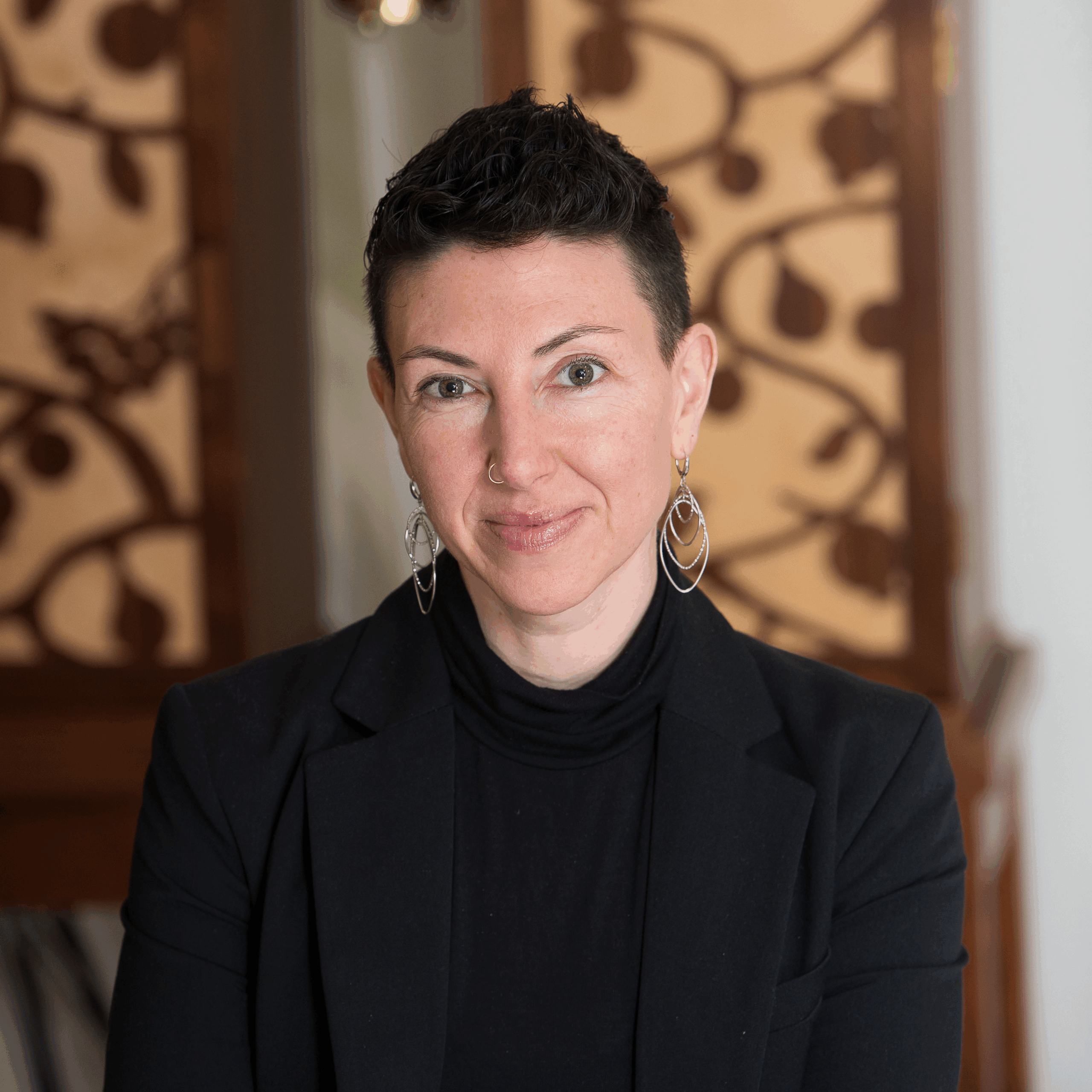
Rabbi Lizzi Heydemann founded Mishkan Chicago in 2011 as a young rabbi, with the goal of leading people toward greater purpose, connection and inspiration through dynamic experiences of Jewish prayer, learning and community building. Rabbi Lizzi was born and raised on the South Side of Chicago, and graduated with Honors in Religious Studies and Philosophy from Stanford University. Lizzi was ordained by the Ziegler School of Rabbinic Studies as a Conservative Rabbi, though now is unaffiliated as she officiates at interfaith weddings. She has sat on the boards or cabinets of T’ruah: The Rabbinic Call for Human Rights, JStreet, and Avodah, and was an ROI and Schusterman Fellow. Rabbi Lizzi was the first rabbinic fellow at IKAR in Los Angeles and is one of the founding rabbis of the Jewish Emergent Network, a network of 7 national path breaking communities reimagining Judaism for the next generation. She is one of a dozen people married to someone they met at Mishkan, and Lizzi and Henry’s children are growing up in a community where Judaism pulsates with joy, harmony, justice and love.
Leadership in Uncertain Times: Called Back to the Public Square (Concluding Text Study) with Rabbi Rachel Mikva
The planet may become uninhabitable. Racism, misogyny, and homophobia are again normalized. Our politics are polarized. Authoritarianism is on the rise. We are suffering a long-COVID pandemic of loneliness. Universities, the incubator of Jewish success in North America, have become fraught. October 7 and its aftermath fractured our alliances, intensified antisemitism, deepened division in our own communities, and thrust our values into mortal combat. While it may be tempting to turn inward, there is deep wisdom in the tradition that calls us back to the public square—wisdom that embraces uncertainty as opportunity, not merely as risk. How do we respond in this rapidly changing, sometimes hostile, often incomprehensible world?
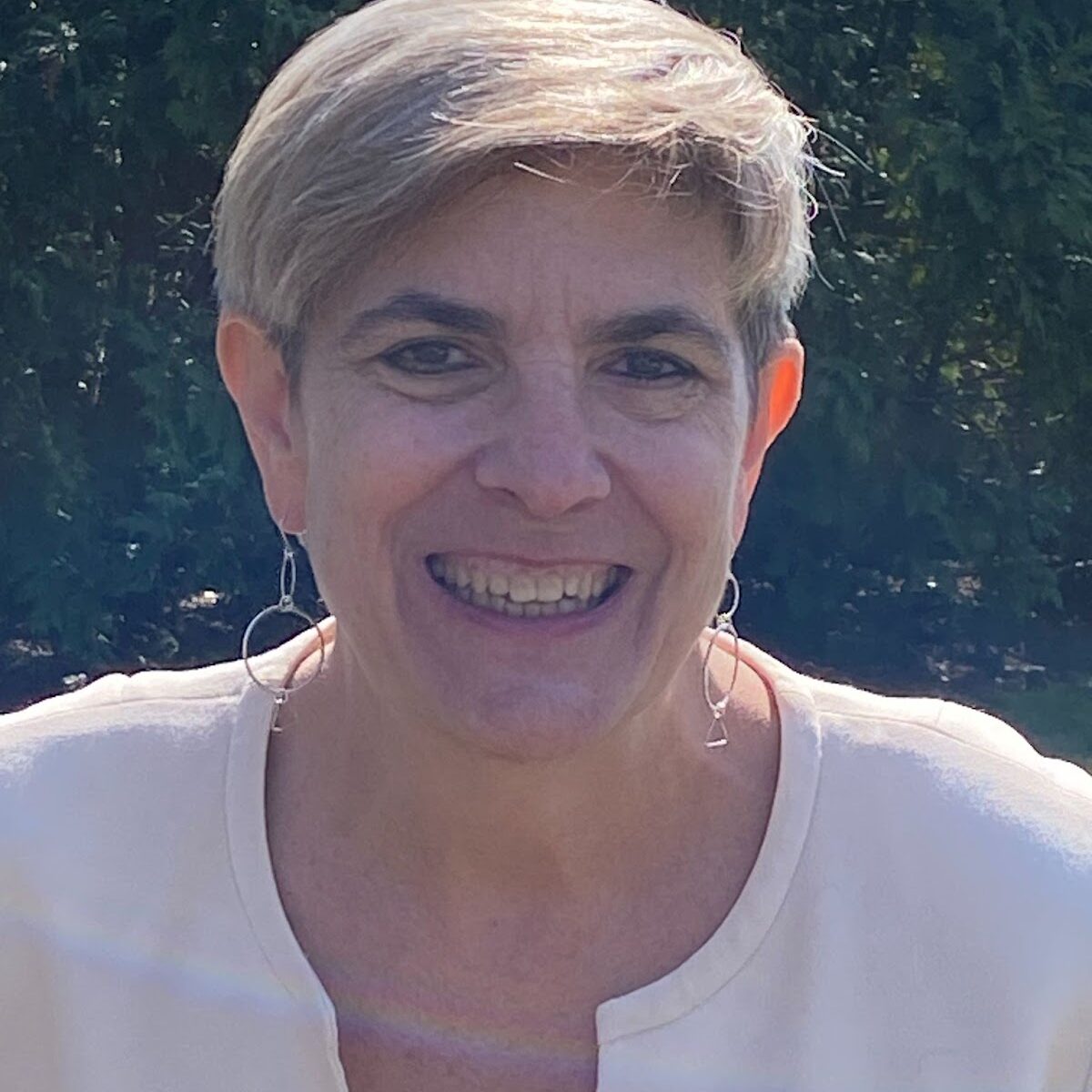
Rabbi Dr. Rachel S. Mikva serves as the Herman E. Schaalman Professor in Jewish Studies and Senior Faculty Fellow of the InterReligious Institute at Chicago Theological Seminary. Ordained in the Reform movement, Rabbi Mikva served as a congregational rabbi for 13 years before returning to the academy. With a passion for justice and academic expertise in the history of scriptural interpretation, her courses and publications address a range of Jewish and comparative studies, with a special interest in the intersections of sacred texts, culture and ethics. Her most recent book is Monotheism and Pluralism (Cambridge University Press, 2024). She’s currently working on Being Human: Jewish, Christian, and Islamic Perspectives for Georgetown University Press.

